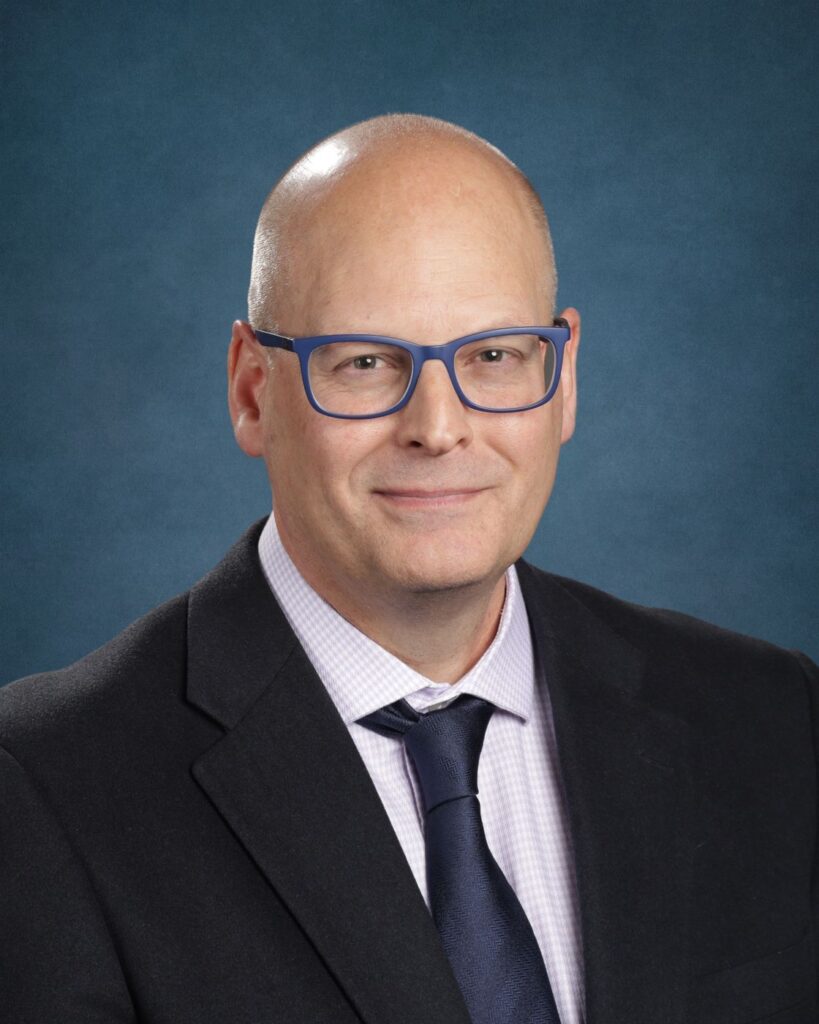We recently concluded our latest round of yearly senior thesis presentations. All Providence students take two years of rhetoric in their junior and senior year, with the senior thesis serving as the capstone experience to their Providence education. Seniors choose a topic worthy of study and research, select a perspective that has some level of controversy, and present arguments both confirming and refuting their position before a panel of judges, answering questions about their topic for 15-20 minutes. Not an easy task, but our students are well trained for it. The topics presented this year:
- Children’s Bibles: A Threat to Christian Children
- In With the New: A Case for Nuclear Energy in America
- The Harder They Fall: How the Megachurch Model Collapses
- The Lost Tools of Beauty: Evangelism Through Art
- To Kill or Not to Kill: A Defense of Trophy Hunting
- Is This On The Test?: The Case Against Letter Grades
- Organic vs. Non-Organic: Which is the Bad Apple?
- Public-Private Partnerships: The Better American Hospital System
- Stay Away from the Sorry State of State Schools
- When to Go to War: The Criteria for Using Military Force
- Separate and Equal: A Case for Gender Segregation
- Consumed By Consumerism: The Cancer that is Currently Eating America
A few things worth noting about the senior thesis:
- Diversity and range of subjects. Topics range from food to economics to foreign relations to aesthetics. As students choose their topic, they seek to invest time into something of interest and value to them.
- Worldview integration. One distinctive element of the project is for students to think biblically about all issues of life. Each presentation included reference to scripture and to Christian worldview assumptions necessary to evaluating every topic from a biblical perspective.
- Philosophical implications. Every topic appeals in some way to the true, good, or beautiful. The pursuit of the good life necessarily means we think deeply about philosophy and presuppositions.
- Practical relevance. The topics are not simply ethereal but have real meaning and practical application for daily life that are engaging not only for our seniors but also pique the interest of the audience. How many parents think about the threats of children’s Bibles? What about the inherent challenges of the megachurch, or the benefits of gender-segregated schools?
- Skillful rhetorical ability. Every senior employed key rhetorical skills encompassing the five canons of rhetoric: invention, arrangement, style, memory, and delivery. These skills will not only serve them well in college and future academic pursuits, but also in everyday life as they minister and share the gospel winsomely, intelligently, graciously, and articulately.
A provocative question for all our parents: Could you have done this in high school? Likely, few of us could have pulled this off, but why? It boils down to preparation and expectations. Our children are capable of great things, but their learning will necessarily reflect their environment. The educational partnership at Providence combines love and grace, high expectations, and a robust academic expectation that trains students how to write, think, evaluate, and synthesize information. In the process, they develop into Christian thinkers, young men and women thoroughly equipped for every good work (2 Timothy 3:16-17). Praise God for His grace and resulting work that glorifies Him.
